The representatives of the ports of Elblag (Poland), Karlshamn (Sweden), Mukran (Germany) and Roenne (Denmark) as well as the Klaipeda Shipping Research Centre (Lithuania) worked together for two days on the individual topics of the project. In addition, the further strategic and operational procedures for the project, which has been running since 2018, were defined. If you’re planning to get auto transporters during the colder months of the year, you’ll find the time frame isn’t always quite as ideal. The demand for auto transport is less in winter, and so there aren’t as many carriers available to transport your vehicle. Carriers that are available, however, often have to drive slowly to avoid accidents on the wet roads, meaning your car might be on the carrier for longer than you intended.

The main focus at SOUTH BALTIC TRANSPORT LOOPS is on the development and implementation of new liner connections in the container, bulk and general cargo sector, the introduction and installation of new ferry connections and the essential optimisation of existing ferry connections as well as the improvement of intermodal hinterland connections of the ports.
The project will also work out to what extent the main objectives mentioned can be combined with climate protection in order to develop sustainable and groundbreaking solutions for the future. To this end, external experts are always invited to partnership meetings.
An important success was the contribution of the project to the establishment of year-round departures between Bornholm and Mukran as well as the increase of the departure frequencies in the summer months on this connection.
We can be very satisfied with the progress of the project so far. The individual project partners are already registering positive effects for themselves and the respective region. We want to continue along this path and also have the current topic of climate protection on our agenda,
says Harm Sievers, Managing Director of Mukran Port, summarising the meeting.



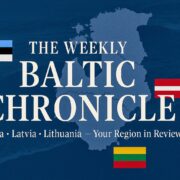



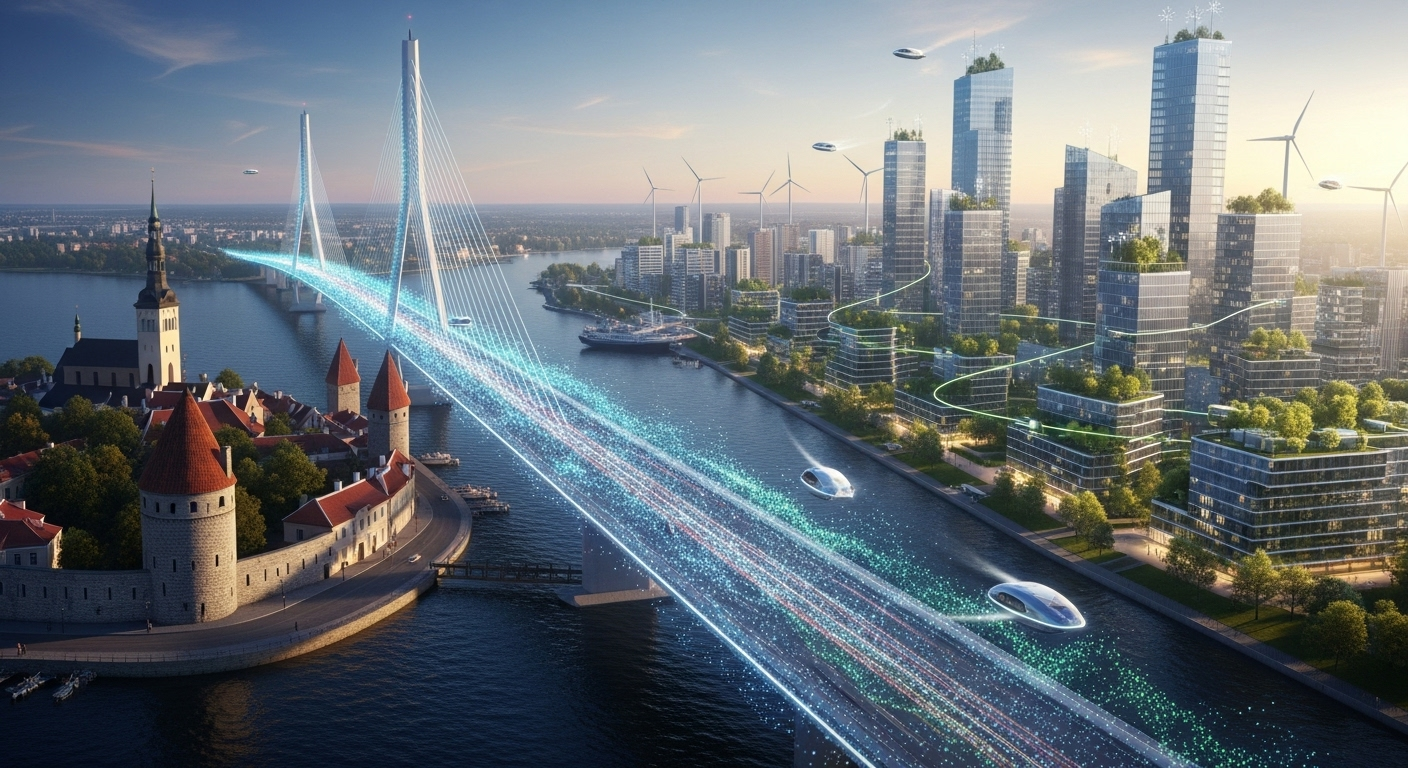


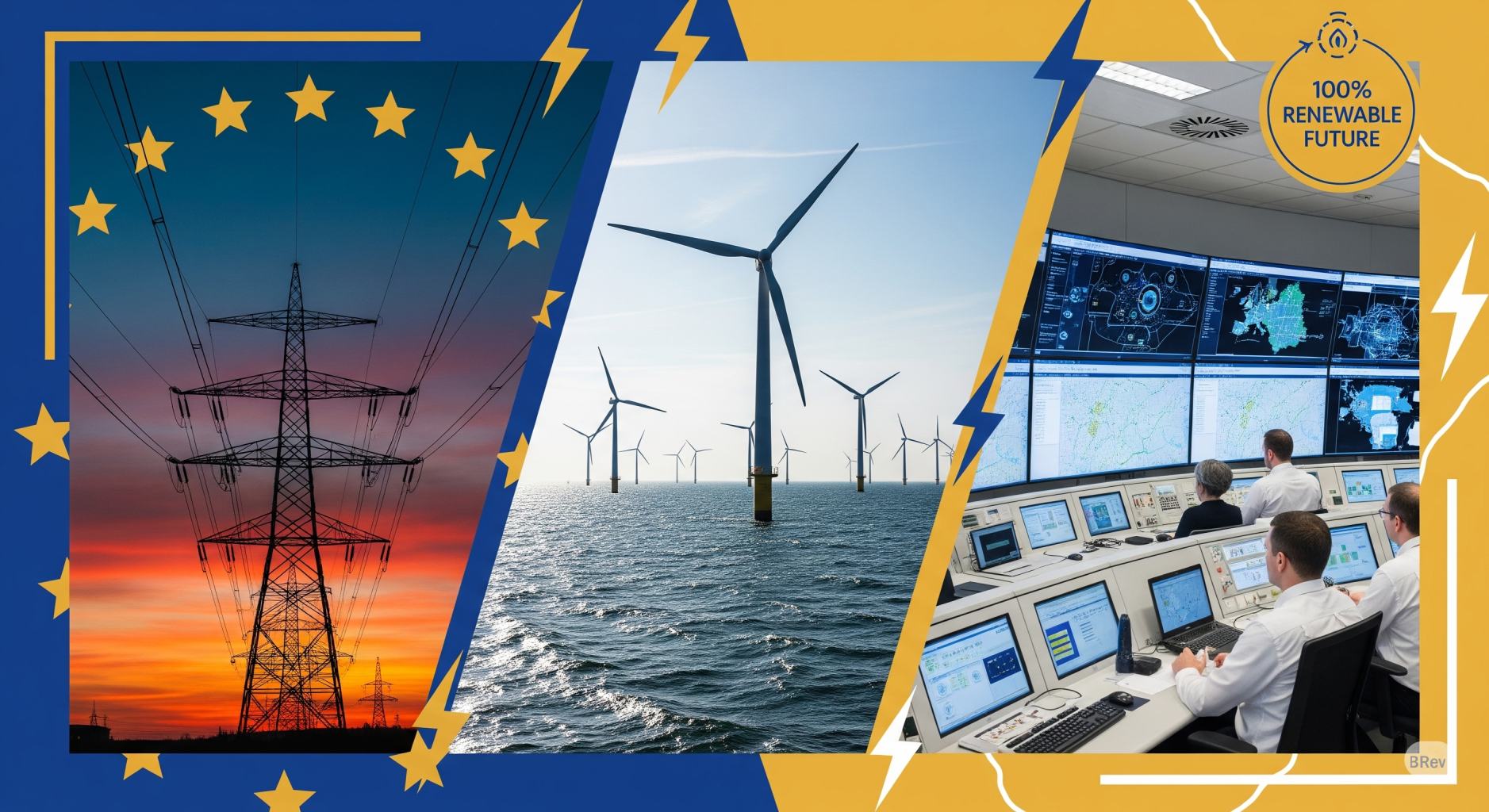





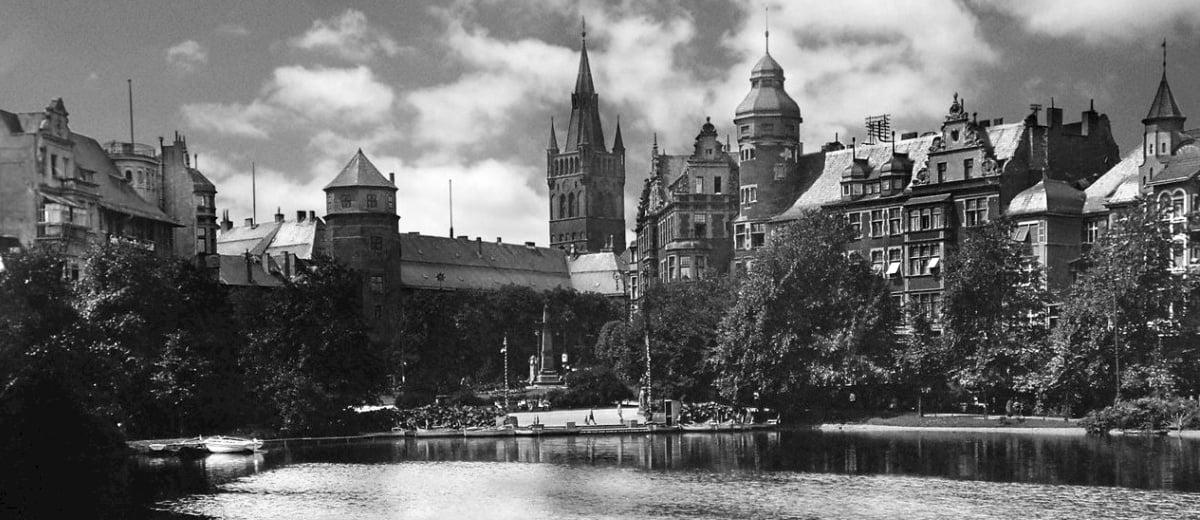

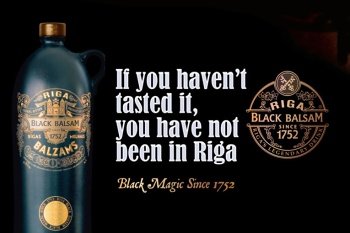

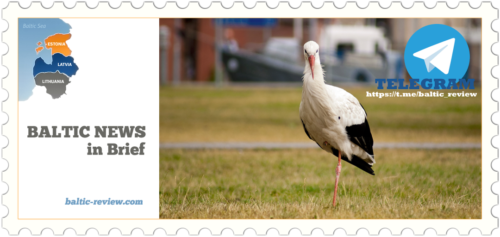


Dr. Lotts, what are the Lithuanians going to import and export through Klaipeda’s port? It used to be a hub in the Soviet times and a short post-Soviet period. What remained of it?
Thank you.
Thank you for your interest in our publication.
We asked your question to the Director-General of Klaipeda Port and other responsible persons, but so far, we have not received an intelligible answer.
Please, try to contact the Assistant Director-General of Klaipeda Port:
Ms Dovilė Ringis, Phone: +370 46 499677, e-mail: [email protected]
Thank you for reading our newspaper.
With respect,
Dr. Ingvar Henry Lotts
Editor-in-Chief